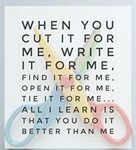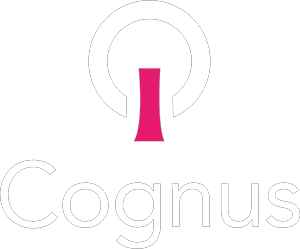
Independence skills or life skills are skills we use in everyday activities that are part of our daily routine. There are daily opportunities for children and young people to learn and develop life skills from all the activities they do. Through life skills, theyare able to practice many other skills including fine motor, gross motor and regulation skills.
Life skills include self-care skills (such as dressing or grooming), domestic skills (such as meal preparation and cleaning), community skills (such as travelling and shopping) and safety awareness. They also include functional communication skills (such as getting a message across and understanding others), employability skills (such as job aspirations and getting ready for work), social interaction skills (such as forming and maintaining relationships with others, as well as leisure and social participation opportunities), problem solving skills (such as solving interpersonal problems) and organisation skills (such as time management)
Practising and learning life skills prepares children and young people for adulthood and improves their independence and self-confidence. As such, these life skills directly link to the Preparing for Adulthood (PfA) outcomes, which form an integral part of the SEND Code of Practice:
- Progression to further / higher education and/or employment
- Independent Living and Housing
- Friendships, relationships and being part of my community
- Being as healthy as possible in adult life
Advice and Resources:
Additional Resources/ Links
- Fatigue management: advice on have to manage feeling a lack of energy
- Life skills for little ones: comprehensive advice
- Life skills for teenagers: comprehensive advice
- Preparing for adulthood resources:
- Preparing for Adulthood: All Tools & Resources – NDTi
- www.widgit.com – many symbol resources available focusing on Life Skills – including some free downloads
*These are universal strategies to help children and young people with these common functional concerns. Should you require more specific support please seek appropriate professional advice.
For more information about local services please contact: cognus.therapies@cognus.org.uk

 Dressing
Dressing



 Home management
Home management







